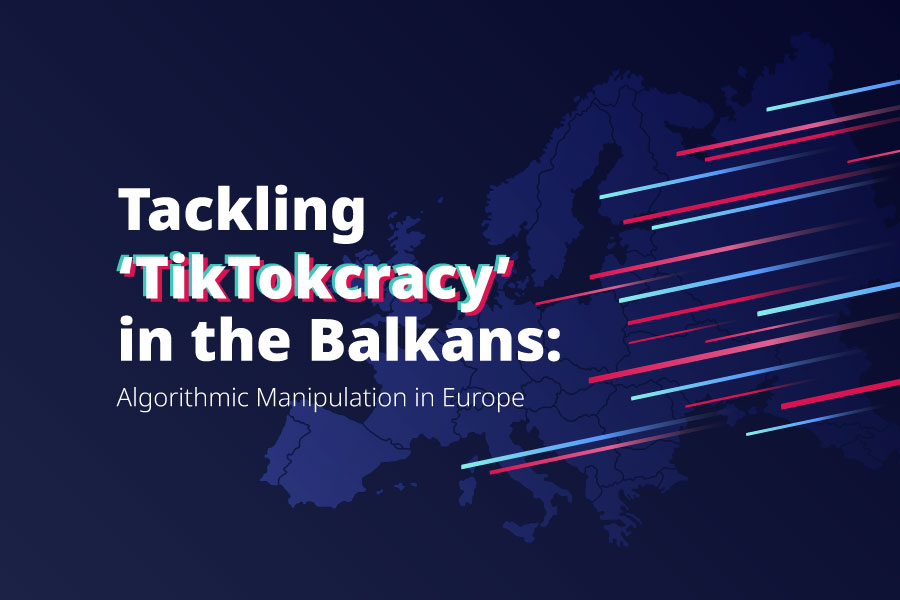Southport Stabbings and the Amplification of Misinformation
The report “Southport Stabbings and the Amplification of Misinformation on X” provides a focused examination of the first 24 hours following the tragic knife attack in Southport, UK, on July 29, 2024. During this critical period, the spread of disinformation was most intense, as far-right groups falsely claimed that the attacker was a Muslim immigrant. This entirely fabricated narrative quickly gained traction, inciting violent protests, anti-immigrant sentiment, and property destruction in several UK towns. The report illustrates how, within a short span of time, disinformation with no factual basis led to severe societal unrest.
Drawing on data from X (formerly Twitter), the report dissects the different types of user engagement that fueled the spread of false narratives. A significant portion of this engagement came from retweets and reposts, with the platform’s algorithm amplifying content that elicited strong emotional reactions. The analysis reveals that most of the content shared was not original, but rather reshared versions of the false information, creating a feedback loop that reinforced the spread of misinformation. This high level of engagement, driven by misleading posts, contributed to the rapid escalation of unrest.
A key focus of the report is the activity of fringe accounts, which played an outsized role in spreading disinformation. The report shows how small, relatively obscure accounts were able to generate significant engagement and influence, despite having a limited follower base. These fringe accounts were responsible for a substantial portion of the false claims about the attacker, highlighting the potential for small actors to manipulate public discourse. By analyzing the patterns of these accounts and their disproportionate reach, the report underscores the risks posed by the amplification of fringe voices in moments of public crisis.




